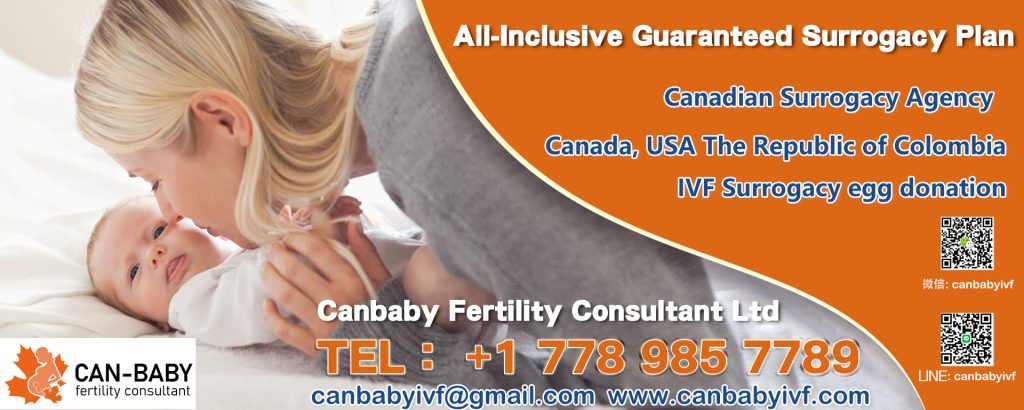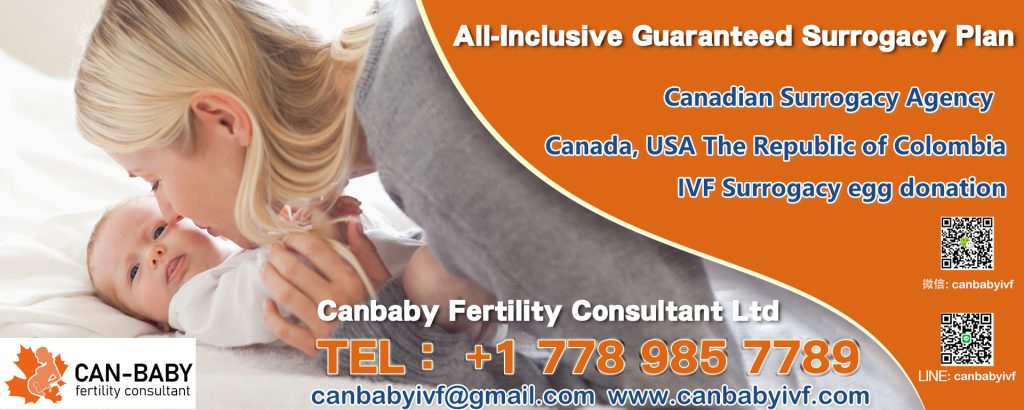
Disclaimer: This article is an original work by Canbaby Fertility Consultant LTD, a Canadian surrogacy consulting company. Reproduction or redistribution without permission is strictly prohibited.
International surrogacy has become an increasingly popular option for Canadian individuals and couples who are unable to conceive or carry a pregnancy. Due to restrictions on commercial surrogacy in Canada, many intended parents are turning to countries like the United States, Georgia, Colombia, Mexico, and Ukraine to realize their dream of having a child.
However, with cross-border arrangements comes a web of complex legal issues — and at the center of them is the question: What are your parental rights as a Canadian in an international surrogacy arrangement?
In this comprehensive guide, we’ll explore how Canadian law treats parental rights in international surrogacy cases, what intended parents must do to secure those rights, and how to bring a surrogate-born child home to Canada legally.
✅ Understanding the Legal Landscape of Surrogacy in Canada
Before exploring international surrogacy, it’s essential to understand Canada’s legal stance on surrogacy:
- Altruistic surrogacy is legal in Canada, meaning a surrogate can carry a baby without receiving payment beyond reasonable expenses.
- Commercial surrogacy is prohibited under the Assisted Human Reproduction Act (AHRA). Offering or accepting payment for surrogacy (beyond reimbursements) is a criminal offense.
- Canadian law allows intended parents to become the legal parents of a child born via surrogacy, but the process differs across provinces.
- No matter where a child is born, Canadian citizenship and parental recognition must follow Canadian legal procedures.
Because of Canada’s restrictions and long wait times for altruistic surrogates, many Canadians opt for international surrogacy — but parental rights don’t transfer automatically.
✅ What Are Parental Rights in International Surrogacy?
Parental rights refer to the legal recognition that the intended parent(s), and not the surrogate, are the child’s parents.
In an international surrogacy context, there are typically three jurisdictions involved:
- The country where the surrogate gives birth
- Canada (the intended parents’ home country)
- Any third country involved in embryo creation or citizenship claims
Each country has its own laws governing surrogacy, parentage, and citizenship. This means that even if you are listed as the parent(s) on the foreign birth certificate, Canada may not automatically recognize you as the child’s legal parent(s) unless specific legal steps are taken.
✅ Common Countries Chosen by Canadians for Surrogacy
Here are some of the most common international surrogacy destinations for Canadians and the typical parental recognition framework:
🇺🇸 United States (e.g., California, Nevada, Illinois)
- Legally robust commercial surrogacy framework
- Pre-birth or post-birth orders clearly name intended parents
- Canada usually accepts U.S. court orders for parentage
🇬🇪 Georgia
- Only heterosexual married couples allowed
- Intended parents are listed on birth certificate
- Canadian authorities require additional proof of genetic link or custody orders
🇨🇴 Colombia
- Allows surrogacy for all family types (including LGBTQ+)
- May not always provide automatic legal parentage orders
- Additional legal steps are often required in Canada
🇲🇽 Mexico (e.g., Mexico City, Tabasco)
- Regional differences: some states allow surrogacy, others don’t
- Citizenship and parentage can be complex
- Consular processing and DNA testing often required
✅ How Do Canadians Establish Parental Rights?
1. Confirm Parentage in the Birth Country
The first legal step is to be recognized as the child’s legal parents in the country of birth. This is usually done by:
- Obtaining a court order declaring you as the legal parent(s)
- Being named on the birth certificate (if the country allows)
⚠️ Note: Some countries automatically recognize the surrogate as the mother at birth. In those cases, you may need a court ruling to override that presumption.
2. Apply for Canadian Citizenship or Travel Document
After establishing parentage in the birth country, Canadian intended parents must apply for:
- Proof of Canadian Citizenship (if one or both parents are Canadian citizens)
- Or a Temporary Resident Visa and later apply for citizenship or permanent residency
This process may include:
- DNA testing to prove genetic link
- Surrogacy contract translations
- Affidavits or court documents
🕒 The process can take anywhere from 3 to 12 weeks, depending on the country and case complexity.
3. Obtain Parentage Recognition in Canada
In some provinces (like Ontario and British Columbia), foreign parentage orders are accepted and you can register your child’s birth once they arrive in Canada.
In other provinces, you may need to:
- Adopt the child formally in Canada
- Or seek a declaration of parentage from a Canadian court
💡 Working with a Canadian family lawyer experienced in international surrogacy is highly recommended.
✅ Do You Need a Genetic Link?
One of the most common questions Canadian parents ask is whether they must have a genetic link to the child in order to be recognized as legal parents.
The short answer: It depends.
- For citizenship by descent, at least one parent must be genetically related to the child (DNA proof is often required).
- For non-genetic intended parents (e.g., same-sex couples, using donor embryos), Canadian law may still allow you to be recognized as the legal parent through adoption or court orders.
This area is evolving, so legal advice is crucial.
✅ What Happens If Something Goes Wrong?
Some common risks in international surrogacy include:
- Disputes over parentage in the birth country
- Delays in documentation
- The surrogate changing her mind (rare but possible)
- Issues with bringing the child into Canada
These can be mitigated by:
- Choosing reputable surrogacy agencies and clinics
- Working with experienced cross-border lawyers
- Ensuring contracts are translated, notarized, and legally enforceable
- Preparing backup plans and legal pathways for citizenship
✅ LGBTQ+ Parental Rights in International Surrogacy
While Canada fully supports LGBTQ+ parenting rights, not all surrogacy countries do. For example:
- Georgia only allows heterosexual married couples
- Colombia and Mexico (some regions) are more inclusive
- The U.S. is LGBTQ-friendly but requirements vary by state
Canadian LGBTQ+ parents should double-check whether their chosen surrogacy country:
- Allows joint parentage
- Recognizes same-sex intended parents on birth certificates
- Will be accepted by Canadian immigration officials
✅ Real Case Example: Ontario Couple in Georgia
A heterosexual married couple from Ontario completed a surrogacy journey in Georgia. Their child was born and issued a Georgian birth certificate listing them as parents. However, upon applying for Canadian citizenship:
- The government requested DNA proof of genetic link
- Additional documentation, including apostilled contracts and birth certificates, was required
- Processing took 8 weeks before they could bring the baby to Canada
This case highlights how early planning and legal compliance are key to securing parental rights.
✅ Summary: Key Takeaways for Canadians
| Step | Description |
| ✅ Before surrogacy | Consult with Canadian and local lawyers; ensure contracts comply with both countries’ laws |
| ✅ During pregnancy | Secure legal documents, establish parentage in birth country |
| ✅ After birth | Apply for Canadian citizenship/proof of parentage; return to Canada |
| ✅ Once home | Complete post-birth legal steps (if required) in your province |
✅ Conclusion
International surrogacy offers hope for many Canadians, but it also requires careful planning to ensure parental rights are legally protected across borders.
With the right legal support, thorough documentation, and ethical agency partnerships, Canadians can navigate the complexities of international surrogacy and welcome their child home with peace of mind.
If you’re considering surrogacy abroad and unsure where to begin, speak to a fertility consultant, family lawyer, or experienced agency to make informed decisions.

